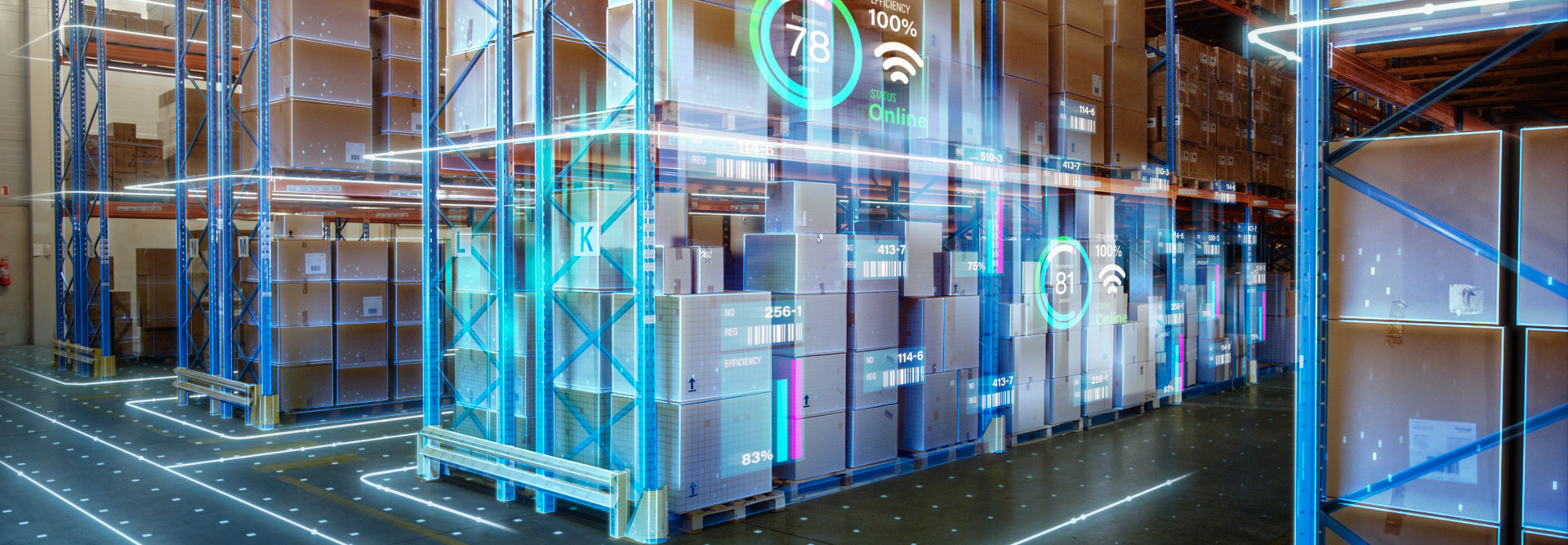How AI Can Transform the Retail Supply Chain
Tarik Hammadou, senior developer relations manager of retail-intra-logistics AI solutions at NVIDIA, neatly sums up current conditions: “Retailers are going through a transformation. Today’s challenges include COVID, but there are others on the horizon. They need a sustainable, competitive advantage.”
What is that advantage? According to Hammadou, it’s artificial intelligence. However, effective adoption of AI requires three key elements: talent, technology and integration.
For starters, he points to the significant shift in skills and talent that’s currently underway in the market. “The next generation of engineers is very different from those of 20 years ago,” he says. “They have a very different skill set.”
DISCOVER: Find out how emerging technology is helping retailers meet demand.
To help retailers tap this new talent, NVIDIA is partnering with the ecosystem of retailers and collaborating with their engineers and developers to collectively advance the industry.
When it comes to technology, NVIDIA’s Hammadou notes, “we write new AI models, we have an active R&D team pushing the boundaries of AI platforms, and we work with industry leaders to develop new solutions.”
But he also points out that AI adoption doesn’t happen in isolation. Truly intelligent supply chains require integration. “When you look at the supply chain, you can’t bring in these solutions in a fragmented fashion,” says Hammadou. “Instead, all these solutions need to be presented as one platform — like an NVIDIA AI platform.”
READ MORE: Learn how AI platforms on the cloud are helping businesses reinvent themselves.
Accelerating AI Adoption
Retailers can accelerate their AI adoption with solutions such as NVIDIA Omniverse, Isaac and Metropolis.
Omniverse delivers on the concept of digital twins. “Omniverse is a cooperative platform that enables businesses to simulate their entire warehouse, then run multiple scenarios — such as increased demand during holidays or during constrained time windows — and optimize the results,” says Hammadou.
Retailers can utilize digital twins of their warehouses to discover how even small adjustments will impact operations before they make substantive investments.
Isaac, meanwhile, is an end-to-end robotics platform designed to help retailers navigate the challenges of rapidly changing, unstructured environments. Paired with Omniverse, companies can see the impact of Isaac operations in real-time to help inform robotics and automation deployments at scale.
Metropolis provides enhanced visibility with intelligent video analytics. By combining visual data and AI, retailers can quickly identify potential warehouse safety or inventory issues.
Beyond improved agility and visibility into supply chain operations, AI can also play a role in sustainability, Hammadou says: “Our AI solutions can optimize warehouse centers for efficient power, waste and fuel management, allowing retailers to build cost-effective deployments.”
When it comes to rebuilding the intelligent supply chain and creating a sustainable, unified platform, “retailers need artificial intelligence,” he says. “NVIDIA provides the talent, tools and technologies to accelerate AI adoption.”
Brought to you by:













